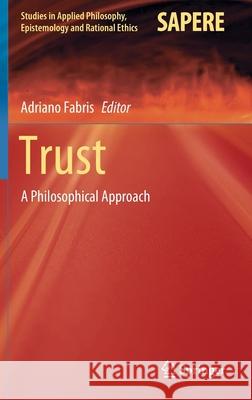Trust: A Philosophical Approach » książka
topmenu
Trust: A Philosophical Approach
ISBN-13: 9783030440176 / Angielski / Twarda / 2020 / 199 str.
Trust: A Philosophical Approach
ISBN-13: 9783030440176 / Angielski / Twarda / 2020 / 199 str.
cena 605,23
(netto: 576,41 VAT: 5%)
Najniższa cena z 30 dni: 578,30
(netto: 576,41 VAT: 5%)
Najniższa cena z 30 dni: 578,30
Termin realizacji zamówienia:
ok. 16-18 dni roboczych.
ok. 16-18 dni roboczych.
Darmowa dostawa!
Kategorie BISAC:
Wydawca:
Springer
Seria wydawnicza:
Język:
Angielski
ISBN-13:
9783030440176
Rok wydania:
2020
Wydanie:
2020
Numer serii:
000432886
Ilość stron:
199
Waga:
0.47 kg
Wymiary:
23.39 x 15.6 x 1.27
Oprawa:
Twarda
Wolumenów:
01
Dodatkowe informacje:
Wydanie ilustrowane











